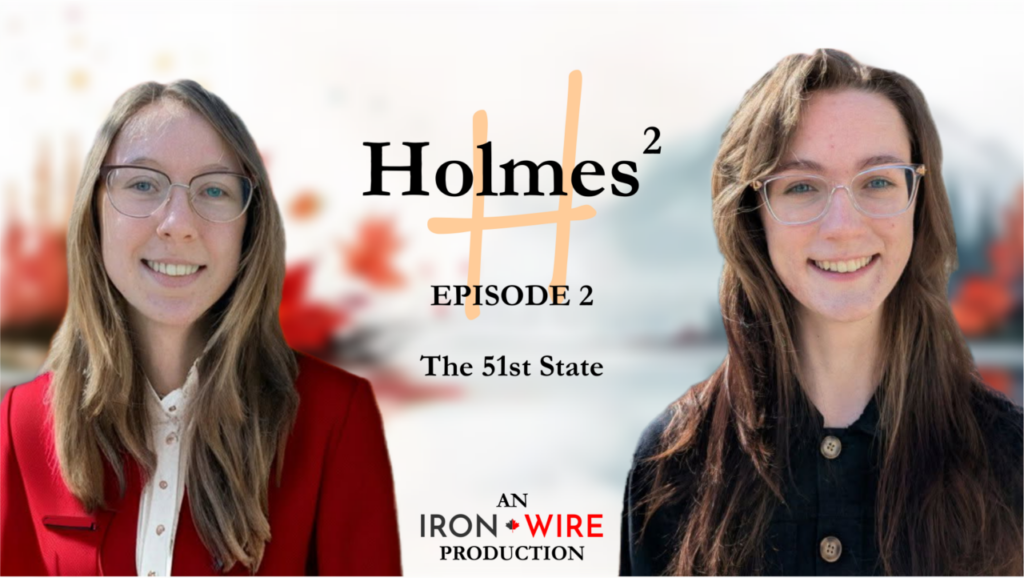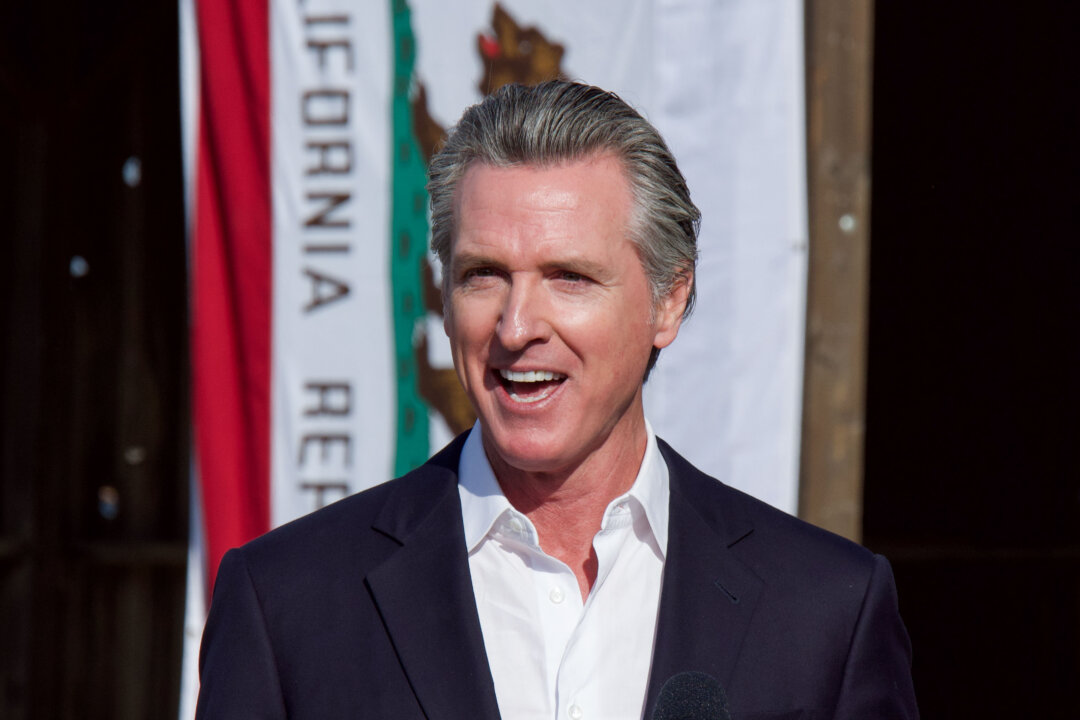South Korea’s Constitutional Court Upholds Impeachment, Removes President Yoon From Office
South Korea’s Constitutional Court has unanimously upheld the impeachment of President Yoon Suk Yeol over his short-lived martial law decree.
Acting court chief Moon Hyung-bae read the court’s 8-0 verdict, saying that Yoon’s declaration of martial law did not meet the legal requirement for a national crisis and that Yoon violated the law by sending troops to South Korea’s parliament, the National Assembly, which has been alleged as an effort to stop a vote to lift his decree.
There are currently eight sitting justices with one seat vacant, and six had to support the National Assembly’s impeachment for it to stand. At least seven justices are required to meet quorum to deliberate.
The court’s quorum after this month is in doubt as the terms of two liberal-leaning justices, Moon and Justice Lee Mison, expire in April. Yoon’s ruling party had been refusing to appoint justices to the court, citing political bias in the candidates nominated by the opposition-led National Assembly without the government’s support.
The Constitutional Court’s decision to uphold the Assembly’s impeachment permanently removes Yoon from office, cutting short his first five-year term that would have otherwise ended in May 2027.
The court’s decision triggers a snap election that will be called within 60 days.
Despite calls for a swift decision, the court’s 38-day deliberation for its final ruling on the president’s impeachment was the longest on record—more than five weeks. During the impeachments of former Presidents Roh Moo-hyun and Park Geun-hye, the court took only 14 days and 11 days, respectively.
Impeachment Charges
Yoon was impeached by the National Assembly for violating the Constitution and illegal acts of sedition, the opposition-led motion said.
The 300-seat National Assembly removed Yoon on Dec. 14 in a 204–85-11 vote, as 12 members of Yoon’s People Power Party (PPP) voted in favor of a second impeachment motion amid party infighting and Yoon’s refusal to resign.
A two-thirds vote was needed for the impeachment; 11 abstained or submitted invalid votes.
The opposition said that Yoon attempted to arrest members of the National Assembly by deploying armed forces to allegedly undermine the authority of the Legislature and disrupt democratic process as outlined in the Constitution.
The motion also said Yoon’s actions were an abuse of power, posing enough of a threat to South Korea’s democratic system to warrant his disqualification from holding office.
On Dec. 3, members of the public defied the president’s martial law order to gather in protest outside the Assembly, urged on by the opposition leader, while members of Yoon’s party tried to prevent the session by physically blocking entry, and opposition lawmakers jumped fences to enter after troops secured the perimeter.
All 108 lawmakers from Yoon’s party boycotted the vote.
Four hours after the vote at 5:18 a.m., Yoon’s cabinet gathered to officially lift the order.
Yoon argued to the Constitutional Court that he acted in line with the Constitution on Dec. 3, as declaring martial law is within a president’s executive authority and not subject to judicial review.
He said his intention was to use the emergency action not to grab power but to “make an emergency appeal” to South Koreans about the political deadlock between the executive and legislative branches that has created a governance crisis for the country.
Some military and military officials testified that Yoon ordered them to drag out lawmakers to frustrate a floor vote on his decree and detain his political opponents.
Paralysis of Government, Claims of Election Fraud
In his Dec. 3 martial law announcement, Yoon warned that the opposition Democratic Party of Korea (DPK) had launched an “unprecedented number” of impeachment motions—22—against cabinet ministers and public officials to paralyzed the government.
Yoon accused lawmakers of “anti-state acts aimed at instigating rebellion,” citing budget cuts that have affected gas projects, military officers, and government payments like child care support. He also highlighted national security threats that were going unaddressed, giving the example of Chinese nationals who were recently caught with years worth of photos from Korean military installations on their devices.
Yoon said the NEC has refused to cooperate with requests for access after a court found vulnerabilities in their servers. The NEC has dismissed the allegations as groundless, and said the troop deployment was “illegal and unconstitutional.”
Yoon said the troops withdrew immediately after the National Assembly passed the resolution to lift martial law, without causing any injuries or damage.
“If a huge number of fake ballots were discovered during the ballot box counting in the election lawsuit, and the NEC’s computer system is vulnerable to hacking and manipulation, and significantly falls short of the standards of a normal government agency’s computer system—and if they not only make no effort to correct this but refuse to verify and confirm whether the announced number of votes matches the actual number of voters—then a comprehensive election fraud system has been put in to operation,” Yoon wrote.
Insurrection Charges Being Pursued Separately
Yoon initially also faced criminal insurrection charges in the constitutional court, which carry a maximum penalty of death or life in prison. The charges were removed on Jan. 3 to focus on alleged constitutional breaches during the martial law decree rather than criminal charges.
Opposition lawmakers said the move would expedite the case, while the PPP said it “exposed legal flaws in the impeachment motion.”
The criminal charges of leading an alleged insurrection are now being pursued by prosecutors in a separate trial, upon recommendation to the Assembly by the Corruption Investigation Office for High-Ranking Officials (CIO), an agency set up during the former Moon Jae-in administration.
The court has raised concerns about the CIO’s jurisdiction over insurrection cases. The first formal trial in the case is expected on April 24.













